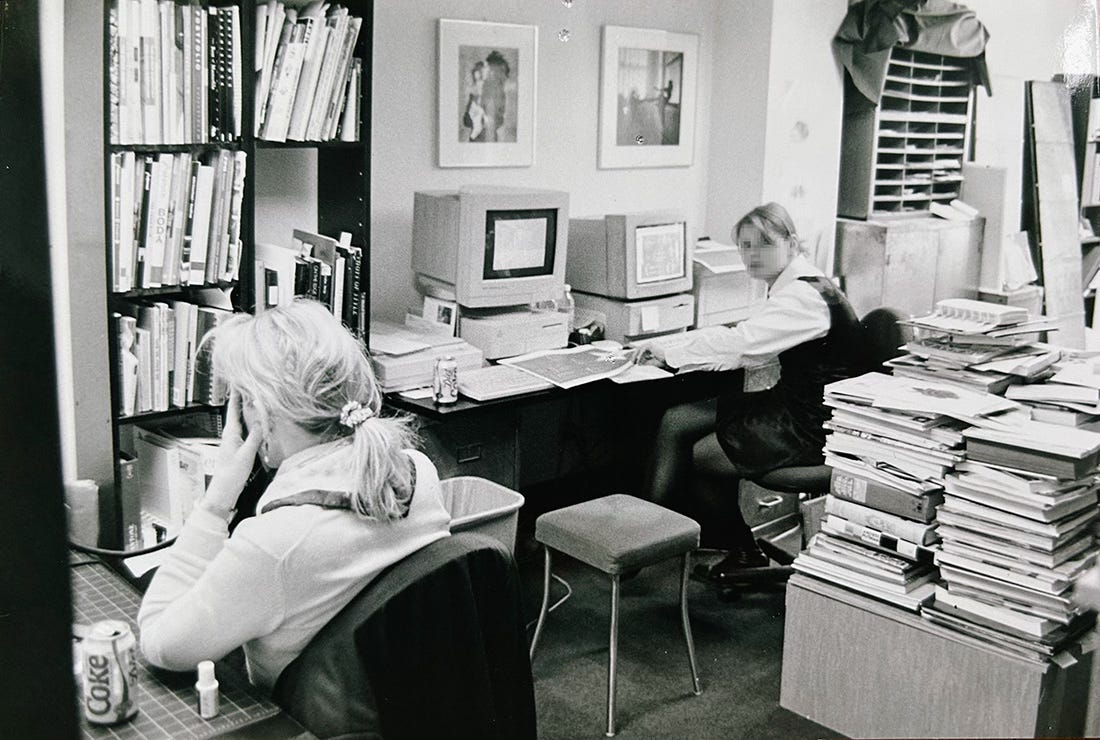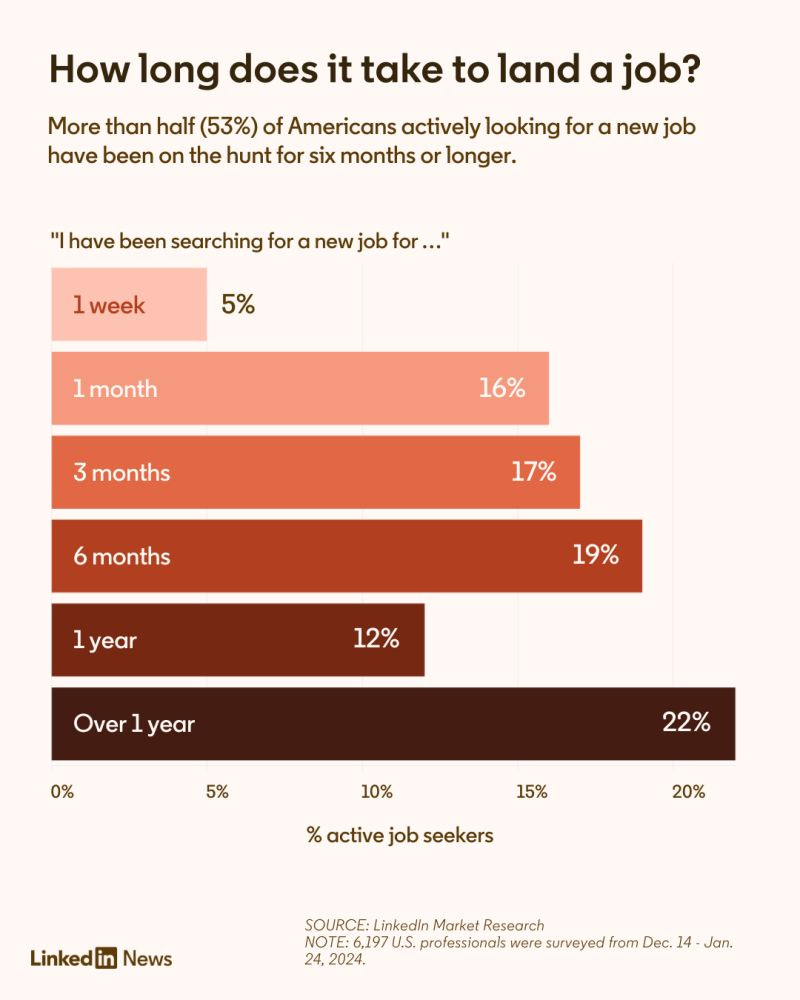Can we talk about this horrendous job market?
Employment in your 50s is a wild ride—but so is starting out as a recent college graduate. Sometimes, we're even competing for the same jobs.
Everything is Liminal is a free weekly newsletter, but on rare occasions I’ll publish personal content behind a paywall. Paid subscribers, read on for the remainder of this week’s newsletter, a drawing, and a roundup of links. And please remember that Substack allows only paid subscribers to comment on paywalled posts. Thank you for your readership.
I once worked for a creative director whom I’ll refer to as Moira,1 a woman with a creative brilliance that burned a little too hot. She went out on a limb and gave me—a young, inexperienced designer—an opportunity that she probably had no business offering, given my lack of experience.
At the time, I had just moved back to New York, was living with my parents and desperate to land my first real design job. Back in those days, we physically dropped off our portfolios with a front desk receptionist and waited for a call to collect it days later. I got rejected from every design job that I applied to—until one day, I received an unexpected callback.
I’m not sure what Moira saw in me. She agreed my portfolio lacked refined design skills, but instead flipped to a pair of collages that I had made in a color photography class that I tucked in at the back of my book.
“There’s something here,” she said, her eyes lingering on the page, then looking me straight in the eye as if she was searching my face for some validation to a hunch she was trying to suss out. She then offered me an unpaid internship which would later turn into my first real design job six weeks later.

Where are all the entry level jobs?
Everyone has to start somewhere. Often that “somewhere” begins with just one person taking a leap because they were able to read beyond the bullet points of a resume and see something that wasn’t obvious on the page. Everything I learned about design in my early career I learned from Moira—the art of typography, the nuanced skill of kerning and leading. Under her mentorship, I became a designer.
But where are the Moiras of the world today? Where are the on-the-job mentors? I imagine apprenticeship is still alive in the trades, but what about everywhere else? Efficiency and profitability leave little room for mentorship, as companies prioritize productivity over long-term employee development. Nobody has time or budgets to train anyone anymore, it seems.
The media and job reports insist that the labor market is strong with unemployment at all-time lows, but anecdotally and on social media, nearly everyone I know looking for a job is straight up struggling. It’s not uncommon to be looking for 6 months, a year, or even longer.

Social media is flooded with stories of recent college graduates and even MBAs who are still looking for their first “grown up” job. I know a handful myself, including one young UX designer from my alma mater who still hasn’t found full time employment since he graduated in 2023. Most are cobbling together a living by freelancing, working retail or service, picking up gig jobs, or monetizing content on social. But here’s the rub: I know folks in their 50s—ourselves included—who are doing the exact same.



